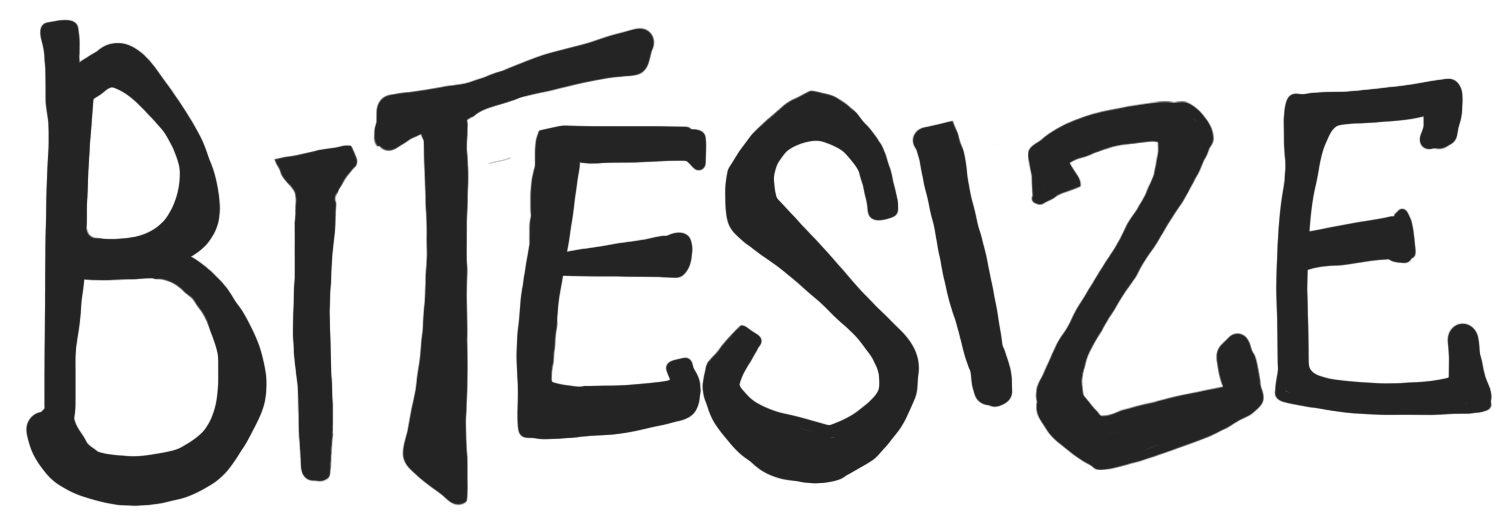When Alexander surveyed the breadth of his domain, he wept for there were no more worlds to conquer.
For many years this nugget of Ancient Greek literature always held a smug place in my quote armoury, up until five minutes ago when I googled it to find that it’s really a direct quote from Hans Gruber, the german brey who gets yipikaye’d by John Maclean before hurtling 30 stories down the side of the Nakatomi Plaza to his death at the end of Die Hard.
Which makes sense.
I can’t remember reading any Plutarch when I was 10.
But I like the syntax of the sentence. And in the manner of Alexander I’ve found that when surveying the world in front of my eyes, perhaps not weep, but one thing does make me very sad. It’s how much human beings are messing up the earth. There was an article yesterday about how certain small fish are evolving to prefer feeding on polystyrene bobbles over natural foods, which is changing their physiology and stunting their growth. You can see all this plastic in their stomachs.
Think about every time you go into Pret. And how much rubbish you discard into the bin six minutes after buying it. All the packaging. Where does it go. Why aren’t there as many recycling facilities as there are supermarkets. Where are they all.
We’re so mindless about it. I’m no better, curbing my predilection for the San Pelli is a daily struggle. Especially when that Croatian broad Bianca is plying me with it on the regular.
Dustbins are called dustbins because they were exactly that. Receptacles for gathering dust. Before the industrial revolution there wasn’t any rubbish. Stuff people discarded were things like ash from fires, wood, bones, vegetable matter, and number two’s. They stuck their meat and fish and produce from the market in a cloth sack and made their way home to get medieval in the kitchen. No wrappers, no cans, no yoghurt pots.
Some people argue that nature will adapt to this rubbish-laden change in their ecosystem, it will find a way. I’m thinking they’d prefer not to have to, that they preferred it before. When there were lions roaming the hills of southern France and New Zealand had a birdlife so dense the first explorers to reach it had to moor their ships two miles off shore just to be able to sleep at night, for the birdsong.
The current rate of extinction is higher than at any time in history, since back when dinosaurs got wiped out by the mother of all asteroids. We’re losing species at 1,000 to 10,000 times the natural ‘background’ rate, which means one to five species a year. 99% of currently threatened species find themselves at this risk specifically because of human activities. Plastics are just one of the ways in which we’re messing things up. Add deforestation, hunting, global warming, and now taking out gorillas in zoos. How is it that one species is so singlehandedly intent on screwing up the habitat for every single one of the other 8.7 billion who also happen to share our earth.
Who do we think we are.
So I survey the cinders of the world and get sad, and like everyone else I do nothing about it because when I’m hungry Pret seems like a good idea. Which makes me feel worse, and makes me want to get away from everything, the horns, the machines, the screwfaces, the screens. To flee, to get real, because instagram isn’t real, to touch base with all that I forget, that is always there, waiting for the curious animal in me to seek it out. The daybreaks, the sunsets, the starscapes, the trees rustling in the wind, the rivers beckoning me to throw myself into them, to drink them in, to galivant with grizzly bears. Nothing is wiser or cleverer or finer than nature. It is our tonic.
But before I do any of that I want to go to Sweden, track down Emelie Forsberg, and marry her.
Of all the scant solace I grope around for when my head fills with the above, watching the below provides me with some. A supersize serving of solace. This girl is amazing. And this video makes me happy. The whole thing was really just a long introduction to it.
The world isn’t so bad if you can just get out in it.













